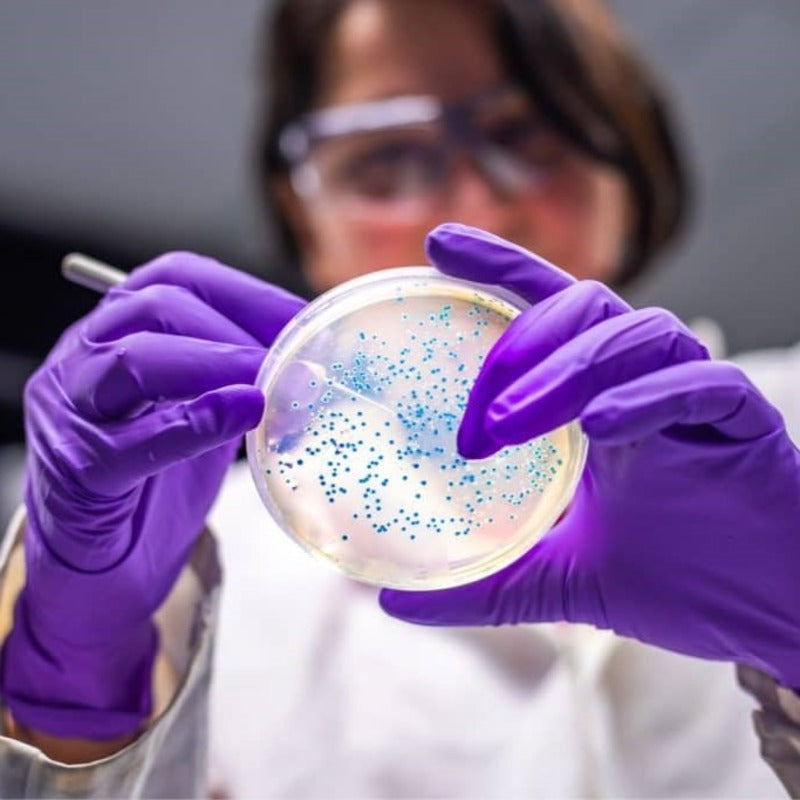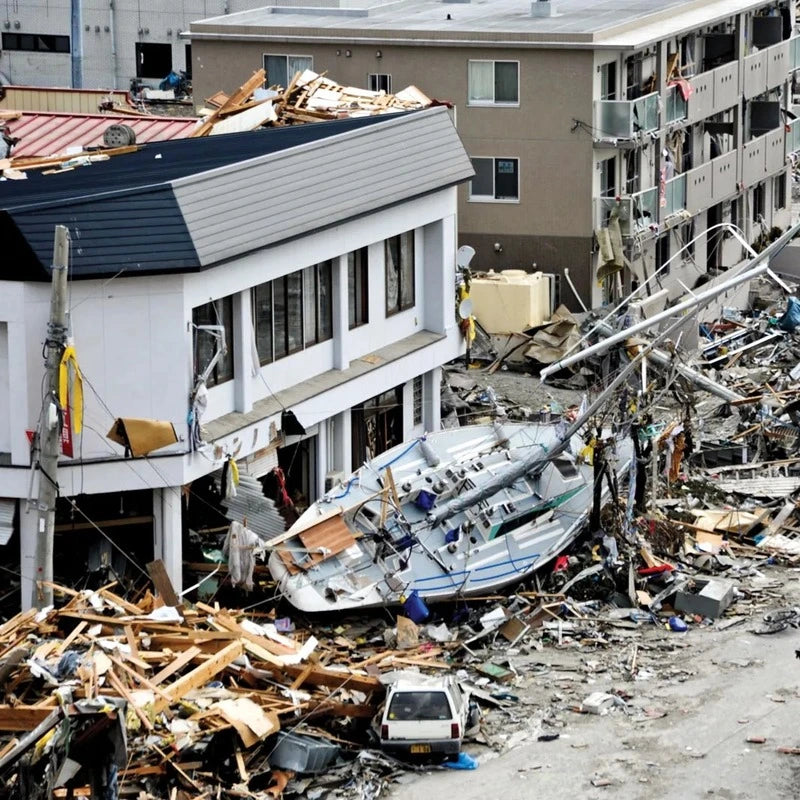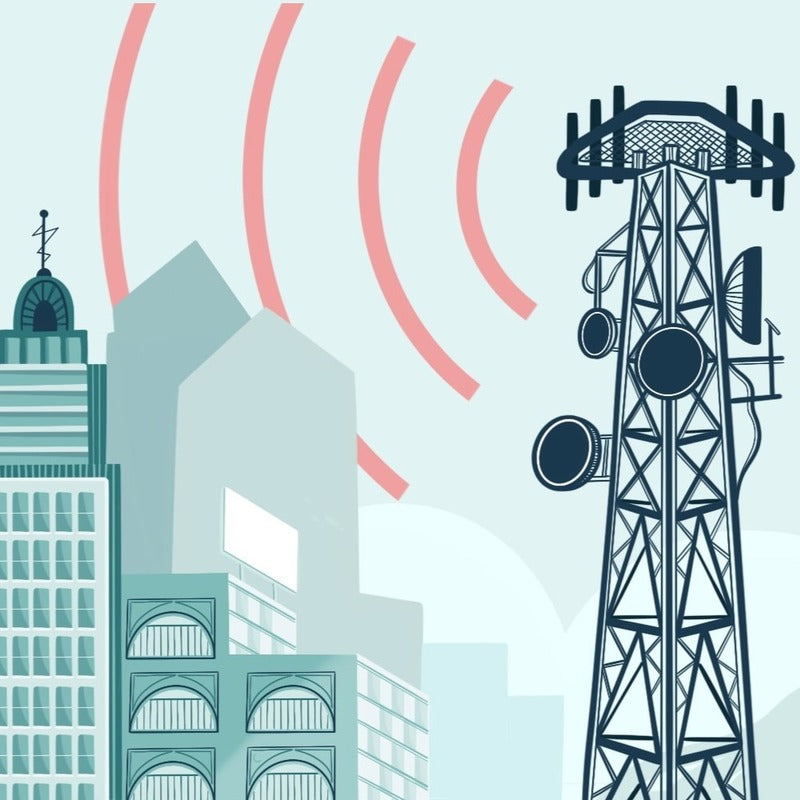Der Nachweis von Escherichia coli (E. coli) in Lebensmitteln ist ein ernstzunehmendes Gesundheitsrisiko, das zu schweren Erkrankungen führen kann. Dieses Bakterium kann erhebliche Verdauungsbeschwerden und in manchen Fällen schwerwiegende Komplikationen verursachen. Der Milerd Detoxer spielt eine entscheidende Rolle für die Lebensmittelsicherheit, indem er Lebensmittel effektiv entgiftet und reinigt und so das Risiko schädlicher Bakterien reduziert. Dieser Artikel beschreibt die wichtigsten Schritte, die Sie unternehmen sollten, wenn Sie eine E. coli-Kontamination in Ihrer Ernährung vermuten oder bestätigen, damit Sie stets informiert und geschützt sind.
E. coli verstehen
Escherichia coli ist ein Bakterium, das im Darm von Menschen und Tieren vorkommt. Die meisten Stämme sind harmlos, einige können jedoch ernsthafte Gesundheitsprobleme verursachen, insbesondere solche, die durch verunreinigte Lebensmittel oder Wasserquellen übertragen werden. E. coli findet sich beispielsweise in rohem Fleisch, Rohmilchprodukten sowie kontaminiertem Obst und Gemüse.
Zu den häufigsten Symptomen einer E. coli-Infektion gehören Bauchkrämpfe, Durchfall und Erbrechen. In schweren Fällen kann die Infektion zu Komplikationen wie Nierenversagen und hämolytisch-urämischem Syndrom (HUS) führen. Das Erkennen dieser Symptome ist für ein rechtzeitiges Eingreifen unerlässlich.
Erkennen von lebensmittelbedingten Erkrankungen
Die Anzeichen einer Lebensmittelvergiftung zu erkennen, kann schwierig sein, da die Symptome oft mit denen anderer gesundheitlicher Probleme übereinstimmen. Typische Anzeichen sind Übelkeit, Fieber und Flüssigkeitsmangel. Treten diese Symptome nach dem Verzehr möglicherweise kontaminierter Lebensmittel auf, ist schnelles Handeln wichtig.
Zu den Sofortmaßnahmen gehören ausreichende Flüssigkeitszufuhr und die Inanspruchnahme ärztlicher Hilfe, falls die Symptome anhalten oder sich verschlimmern. Die Behandlung einer Lebensmittelvergiftung besteht häufig aus Flüssigkeitszufuhr und Ruhe, in schwereren Fällen kann jedoch ein Krankenhausaufenthalt erforderlich sein.
Präventions- und Sicherheitsmaßnahmen
Die Umsetzung wirksamer Lebensmittelsicherheitsmaßnahmen ist entscheidend, um das Risiko einer E. coli-Kontamination zu verringern. Beginnen Sie damit, sichere Lebensmittelverarbeitungstechniken einzuhalten, wie z. B. das Händewaschen vor der Zubereitung von Speisen und die Vermeidung von Kreuzkontaminationen zwischen rohen und gekochten Lebensmitteln.
Für eine saubere und sichere Küchenumgebung beachten Sie bitte folgende Sicherheitstipps : Reinigen Sie Arbeitsflächen, Küchenutensilien und Schneidebretter regelmäßig mit heißem Seifenwasser. Sorgfältige Lebensmittelhygiene ist unerlässlich, um die Vermehrung von Bakterien zu verhindern. Lagern Sie Lebensmittel bei sicheren Temperaturen und garen Sie Fleisch stets auf die empfohlene Kerntemperatur, um schädliche Bakterien abzutöten.
Umgang mit nachgewiesenen E. coli
Wenn Sie den Verdacht haben oder das Vorhandensein von E. coli in Ihrer Nahrung bestätigen, handeln Sie sofort. Entsorgen Sie alle kontaminierten Lebensmittel, um eine weitere Ansteckung zu verhindern. Es ist außerdem wichtig, Küchenoberflächen, die mit den kontaminierten Lebensmitteln in Berührung gekommen sein könnten, gründlich zu reinigen und zu desinfizieren.
Wirksame Reinigungsmethoden mit Essig umfassen das Mischen gleicher Teile Weißweinessig und Wasser zur Herstellung eines natürlichen Desinfektionsmittels. Diese Lösung tötet Bakterien wirksam ab und ist für die Anwendung auf verschiedenen Oberflächen geeignet.
Sicherstellung des sicheren Wasserkonsums
Die Risiken von E. coli beschränken sich nicht nur auf Lebensmittel; Bakterien im Wasser können auch erhebliche Gesundheitsrisiken bergen. Um den Zugang zu sauberem Wasser zu gewährleisten, sollten Sie Ihre Wasserversorgung regelmäßig testen und den Einsatz von Filtersystemen zur Entfernung von Schadstoffen in Betracht ziehen.
Um Wasserverunreinigungen vorzubeugen, sind geeignete Lagerungsmethoden erforderlich, wie die Verwendung sauberer Behälter und das Vermeiden des Kontakts mit potenziellen Schadstoffen. Die regelmäßige Überprüfung auf Anzeichen von Verunreinigungen ist unerlässlich für die Aufrechterhaltung einer sicheren Wasserversorgung.
Langfristige Präventionsstrategien
Um das Risiko von E. coli-Infektionen zu verringern, sollten langfristige Präventionsmaßnahmen gegen E. coli angewendet werden. Dazu gehört die Einhaltung strenger Lebensmittelhygienepraktiken, wie z. B. das gründliche Waschen von Obst und Gemüse und der Verzicht auf den Verzehr von Rohprodukten.
Es ist außerdem wichtig, das Bakterienwachstum durch die richtige Lagerung von Lebensmitteln und eine saubere Küche zu verhindern. Achten Sie schließlich darauf, Kreuzkontaminationen zu vermeiden, indem Sie für rohe und gekochte Lebensmittel separate Utensilien und Arbeitsflächen verwenden.
Abschluss
Zusammenfassend lässt sich sagen, dass der Nachweis von E. coli in der Nahrung sofortiges Handeln und die konsequente Einhaltung von Präventionsmaßnahmen erfordert. Indem Sie die Risiken verstehen und sichere Lebensmittelverarbeitungspraktiken anwenden, können Sie sich und Ihre Familie vor lebensmittelbedingten Erkrankungen schützen.
Ergreifen Sie noch heute proaktive Maßnahmen, um Ihre Lebensmittelsicherheitspraktiken zu verbessern, und ziehen Sie die Verwendung des Milerd Lebensmittelsterilisators zur effektiven Entgiftung Ihrer Lebensmittel in Betracht, damit Sie jeden Tag sichere und gesunde Mahlzeiten genießen können.



Hinterlasse einen Kommentar
Diese Website ist durch hCaptcha geschützt und es gelten die allgemeinen Geschäftsbedingungen und Datenschutzbestimmungen von hCaptcha.